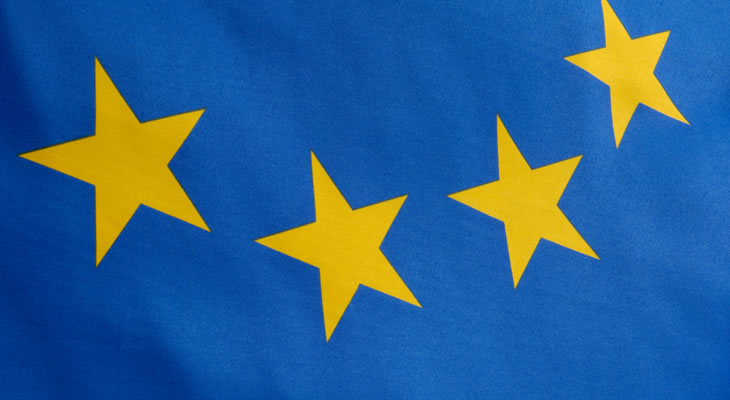The Pound Sterling to Euro (GBP/EUR) exchange rate softened on Wednesday after Bank of England policy meeting minutes showed that policy makers were unanimous on leaving interest rates on hold at the record low level of 0.5% in January.
Expectations are now high that the BoE will not raise interest rates until next year, something that weighed heavily upon the Pound.
The Pound Sterling to Euro (GBP/EUR) exchange rate strengthened on Tuesday as the single currency was weakened by speculation that the ECB will announce a quantitative easing programme on Thursday and as the International Monetary Fund (IMF) cut its global growth forecast.
German Data Weighs
Data out of Germany also weakened the Euro after it has showed that producer price inflation in the Eurozone’s largest economy was in negative territory for the entirety of 2014 and fell to its lowest level in four years in December.
The poor figure increased pressure and expectations that the European Central Bank will have to introduce a quantitative easing programme in order to stimulate economic growth in the struggling currency bloc.
IMF Downgrades Growth Forecasts
Also weakening the Euro was the announcement by the IMF that it has once again cut its global economic growth forecasts for this year and 2016. The IMF now expects growth of 3.5% this year, compared with the previous estimate of 3.8%, which it made in October. The growth forecast for 2016 WAS also cut, to 3.7%.
The IMF report shows that the Eurozone recovery is expected to remain but that it will not improve strongly at all. It now expects Eurozone growth to be 1.2% for this year and 1.4% for 2016.
The IMF also said that the UK economy is set to do well this year with growth of 2.7% but will experience a slowdown next year due to the weakness of the Eurozone.
“New factors supporting growth, lower oil prices, but also depreciation of euro and yen, are more than offset by persistent negative forces, including the lingering legacies of the crisis and lower potential growth in many countries,” Olivier Blanchard, the IMF’s chief economist, said in a statement.
Greek Elections in Focus
Adding to the Euro’s problems was news that the Syriza party has widened its lead over Prime Minister Antonis Samara’s party in three separate opinion polls. With just five days to go before the general election, it is looking increasingly likely that the anti-austerity party will win.
Samaras repeated his warnings that a win for Syriza could lead to a new bailout request and could even see Greece exit the single currency bloc entirely.
A renewal in the fighting between Ukraine and pro-Russian rebels has also caused investors to become more wary over the Euro.

